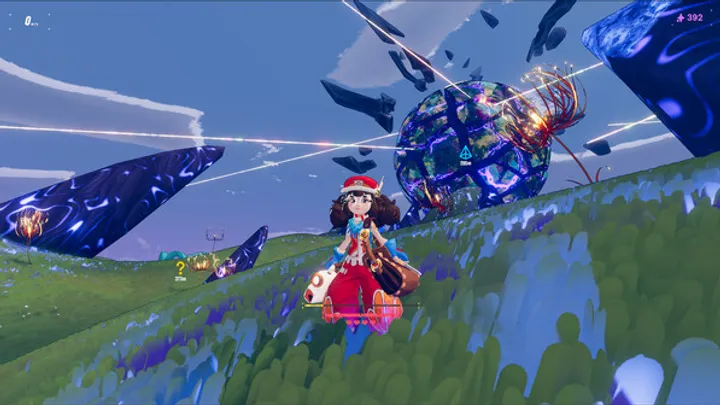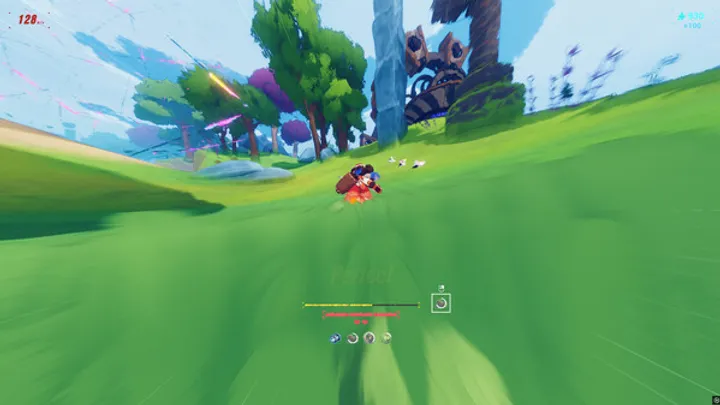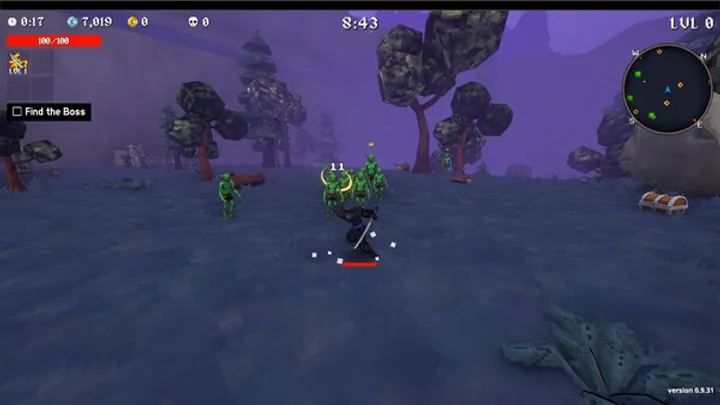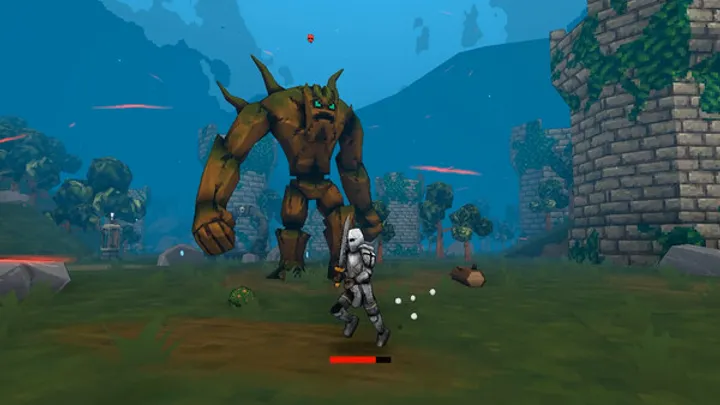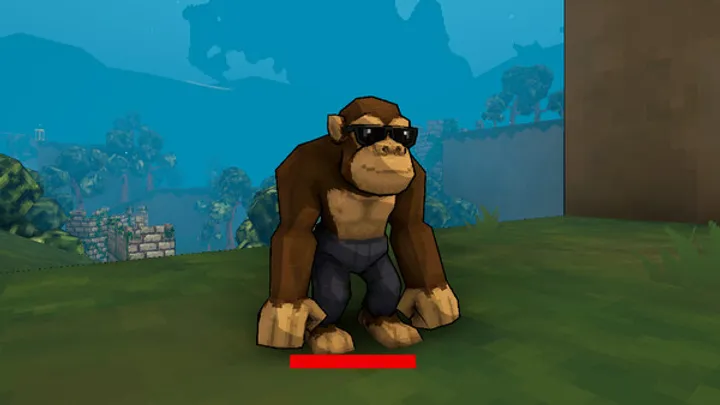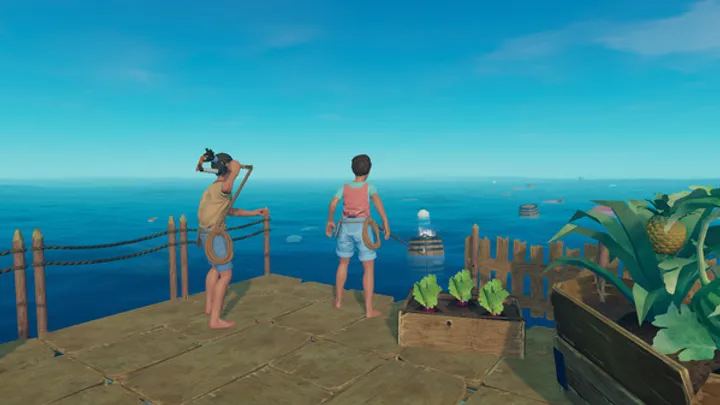Subnautica is a survival adventure game set in an alien ocean world, where players must manage resources, explore biomes, and uncover the secrets of Planet 4546B. With minimal handholding and a vast, dangerous environment, mastering Subnautica requires strategic thinking, curiosity, and adaptability. This guide offers a structured journey through the game’s systems, from your first dive to building advanced vehicles and escaping the planet.
1. Surviving the First Day Your adventure begins in a damaged lifepod. The first priority is stabilizing your basic needs: oxygen, food, and water. Use the Fabricator to craft essential tools like the Scanner, Knife, and Fins.
Explore the Safe Shallows to gather titanium, quartz, and copper. Catch bladderfish for water and peepers for food. Avoid venturing too far until you’ve crafted an O2 tank and Seaglide.
Checklist:
- Craft Scanner, Knife, and Fins
- Gather bladderfish and peepers
- Repair lifepod systems
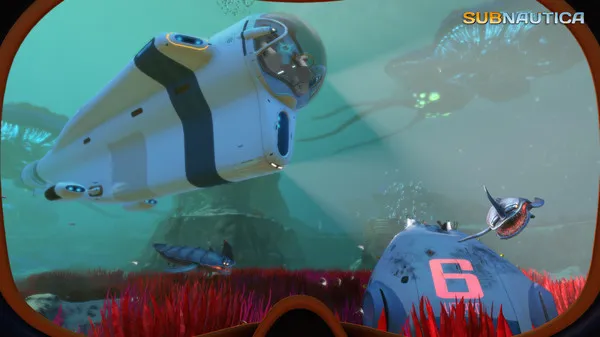
2. Crafting Essential Tools and Equipment Once you’ve secured survival basics, focus on expanding your mobility and resource access. The Seaglide increases swim speed, while the Standard O2 Tank extends dive time.
Use the Scanner to unlock blueprints from fragments. Prioritize the Mobile Vehicle Bay, Seamoth, and Habitat Builder. These tools are crucial for deeper exploration and base construction.
Key Tools to Unlock:
- Seaglide
- Mobile Vehicle Bay
- Habitat Builder
3. Building Your First Base With the Habitat Builder, you can construct a base to store items, recharge batteries, and fabricate gear. Choose a location near resource-rich zones like the Grassy Plateaus or Kelp Forest.
Start with a Multipurpose Room, Solar Panels, and a Fabricator. Add Lockers for storage and a Radio to receive distress signals. Bases offer safety, convenience, and a sense of progression.
Base Essentials:
- Multipurpose Room
- Solar Panels
- Fabricator and Lockers
4. Exploring Biomes Safely Subnautica’s biomes range from tranquil shallows to terrifying depths. Each has unique resources, creatures, and hazards. Learn the layout and threats of each zone before diving deep.
Use beacons to mark points of interest. Avoid the Aurora’s radiation zone until you craft a Radiation Suit. The Jellyshroom Cave and Sparse Reef are good mid-game exploration targets.
Exploration Tips:
- Use beacons to mark locations
- Equip Radiation Suit near Aurora
- Avoid Reaper Leviathans in open water
5. Upgrading Vehicles and Mobility The Seamoth is your first submersible and a game-changer for exploration. Upgrade it with depth modules, storage, and perimeter defense. Later, build the Cyclops for long-range missions and the Prawn Suit for mining.
Use the Moonpool to dock and customize your Seamoth. The Vehicle Upgrade Console unlocks modules like sonar and hull reinforcement. Keep spare power cells and repair tools onboard.
Vehicle Upgrades:
- Seamoth Depth Module
- Perimeter Defense System
- Cyclops Shield Generator
6. Managing Resources and Inventory Inventory space is limited, so organize efficiently. Use labeled lockers for metals, food, and crafted items. Build Wall Lockers and Waterproof Lockers for overflow storage.
Refine raw materials into advanced components like computer chips and wiring kits. Always carry essentials: batteries, medkits, and spare oxygen tanks. Use the Scanner Room to locate rare resources.
Inventory Tips:
- Label lockers by category
- Carry backup batteries and medkits
- Use Scanner Room for resource tracking
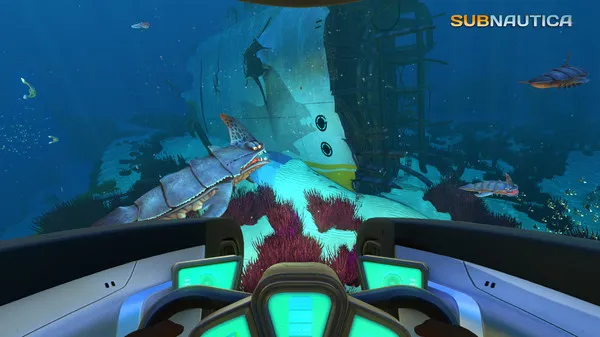
7. Navigating the Story and Alien Facilities Subnautica’s story unfolds through radio messages, PDA logs, and alien structures. Follow distress signals to discover wrecks and data terminals. Scan everything to unlock lore and blueprints.
Key story locations include the Aurora, Degasi bases, and Alien Research Facilities. You’ll need to cure the Kharaa bacterium to escape the planet. Progression is nonlinear but guided by environmental clues.
Story Milestones:
- Explore Aurora and Degasi bases
- Discover Alien Thermal Plant
- Cure infection to launch rocket
8. Handling Threats and Hostile Creatures The ocean is full of predators—from Stalkers to Leviathans. Learn their behavior and avoid unnecessary combat. Use flares, perimeter defense, and stealth to navigate dangerous zones.
Craft the Stasis Rifle to freeze threats temporarily. The Prawn Suit offers protection and melee capabilities. Don’t panic—most creatures can be evaded with smart movement and planning.
Survival Strategies:
- Use Stasis Rifle for defense
- Avoid Leviathan zones until prepared
- Equip perimeter defense on vehicles
9. Advanced Base Building and Automation As you progress, expand your base with advanced modules like the Bioreactor, Water Filtration System, and Alien Containment. These systems reduce reliance on external resources.
Build multiple bases across biomes for convenience. Use Thermal Plants in volcanic zones for power. Alien Containment lets you hatch and study fauna. Customize with glass corridors and observatories for aesthetics.
Advanced Modules:
- Bioreactor and Water Filtration
- Alien Containment
- Thermal Plant and Power Transmitters
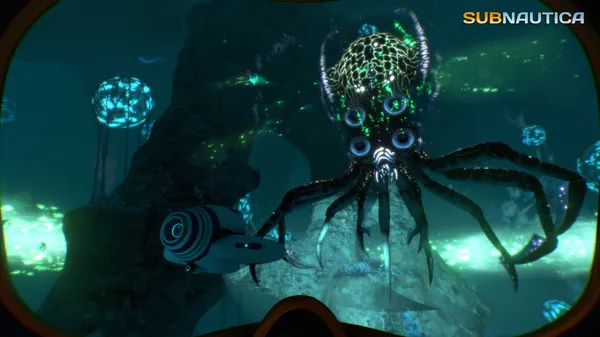
10. Preparing for Endgame and Escape To leave the planet, you must cure the infection and build the Neptune Rocket. This requires visiting the Primary Containment Facility and crafting advanced components.
Stockpile resources and build a launch base near the surface. Scan the rocket parts and assemble them using the Mobile Vehicle Bay. Once launched, enjoy the cinematic finale and reflect on your journey.
Endgame Checklist:
- Cure Kharaa infection
- Build Neptune Rocket
- Launch and complete the game
Conclusion Subnautica is a masterclass in immersive survival design. By following this guide—from basic survival to curing the planet—you’ll unlock the full depth of its systems and story. Whether you’re building underwater cities or escaping alien infection, every dive brings new wonder and challenge.











